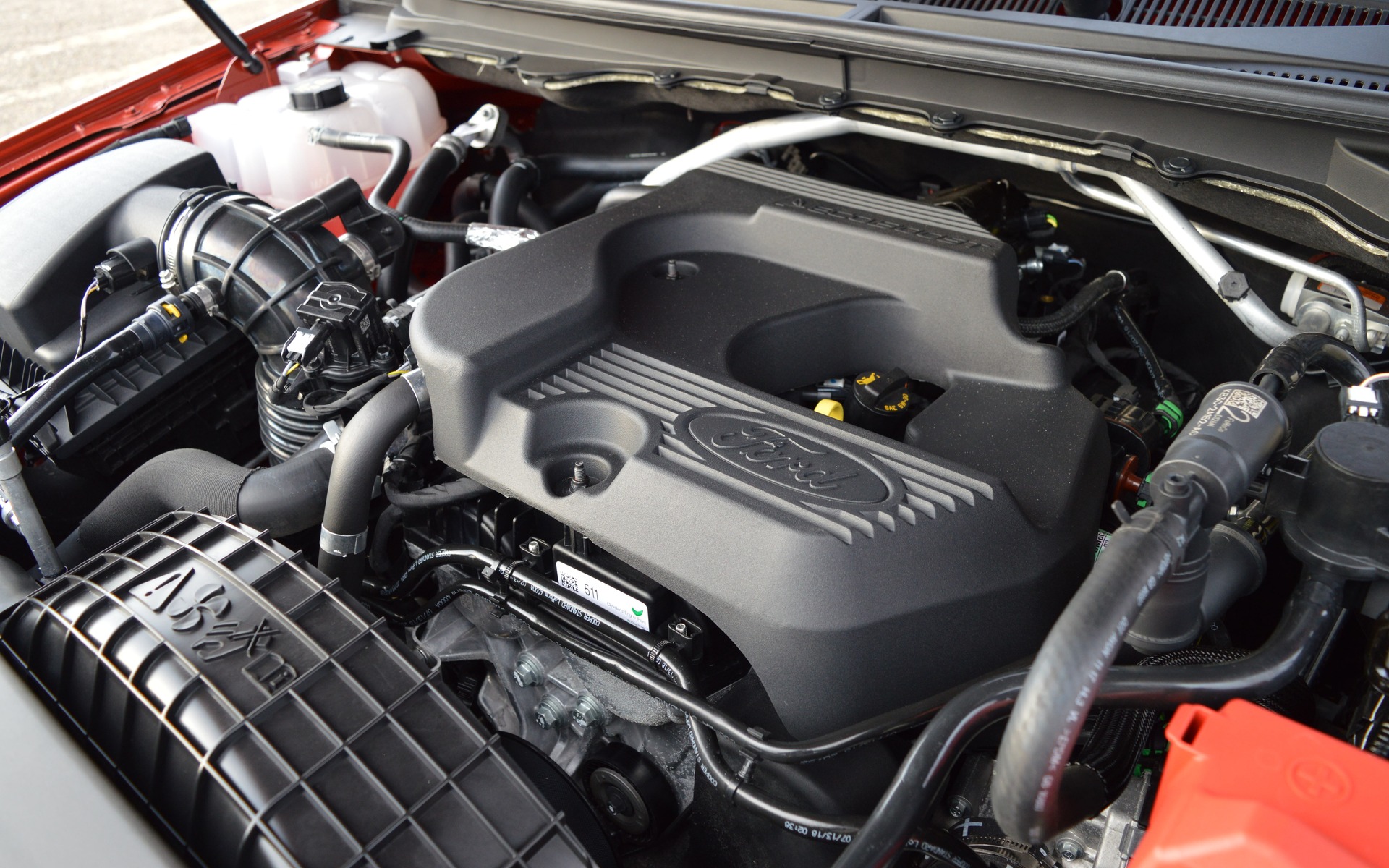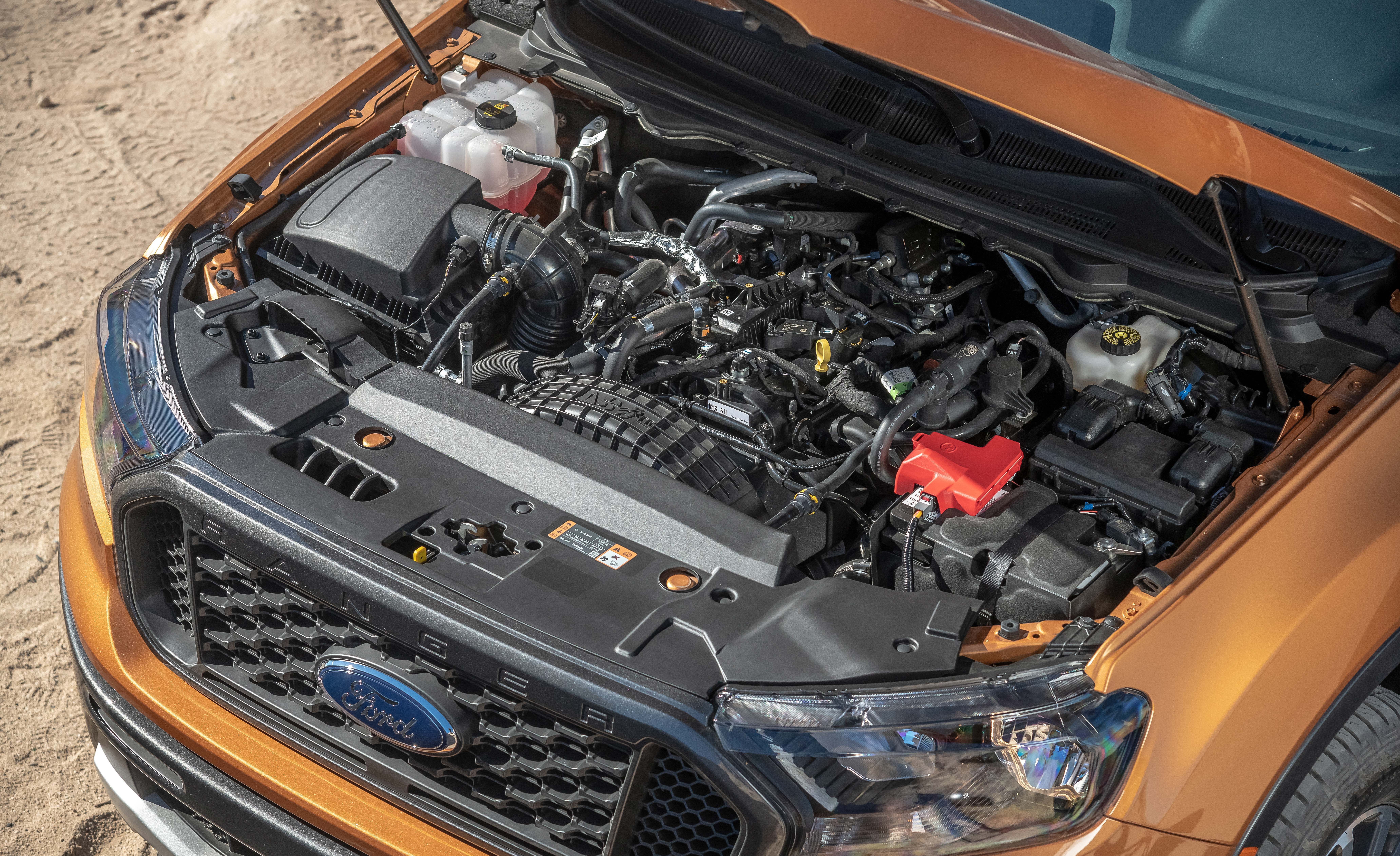How to Select the Right Vehicle Engine for Optimum Efficiency and Efficiency
Selecting the proper car engine to attain an ideal balance of performance and performance requires a nuanced understanding of various engine kinds and their particular features. Variables such as engine displacement, the variety of cyndrical tubes, and gas type play a pivotal duty in identifying both power outcome and gas economic climate. While some might lean towards performance-driven choices, others may prioritize sustainability and effectiveness. Recognizing these characteristics is necessary; nevertheless, the difficulty depends on straightening these qualities with your private driving choices and demands. What considerations will inevitably direct your choice?
Understanding Engine Types
When picking an auto, one of the most crucial elements to consider is the engine type, which functions as the heart of the car. The engine kind substantially affects the vehicle's general efficiency, durability, and viability for your driving requirements. There are largely 3 engine kinds to consider: internal combustion engines (ICE), hybrid engines, and electric engines.
Interior burning engines remain the most usual, operating fuel or diesel. They are known for their power and acceleration, making them ideal for performance-oriented cars. Nevertheless, they might drop short in gas performance and ecological effect.
Hybrid engines incorporate an interior burning engine with an electric motor, providing a balance in between efficiency and gas economic situation. They are progressively popular for motorists seeking decreased emissions while still supplying ample power.
Electric engines, powered completely by batteries, are obtaining grip due to their environmental benefits and reduced running prices. They supply instant torque and a silent driving experience, making them perfect for city travelling.

Performance vs. Performance
Choosing the ideal engine type includes weighing the trade-offs between efficiency and efficiency. Performance typically describes exactly how well an engine can deliver power and acceleration, which is frequently connected with bigger displacement engines or those with turbocharging abilities. These engines generally give exciting driving experiences and quick response times, making them prominent amongst fanatics.
On the other hand, effectiveness focuses on gas economic climate and lower exhausts. Smaller sized engines, especially those geared up with advanced innovations such as direct fuel injection and variable shutoff timing, have a tendency to supply much better miles per gallon and lowered carbon impacts. While these engines may sacrifice some power compared to their larger equivalents, they commonly succeed in day-to-day driving situations where high performance is not constantly necessary.
Eventually, the option between performance and performance depend upon individual priorities. A chauffeur that values perky driving might focus on a high-performance engine, while someone looking for cost-efficient commuting may favor an effective choice. Understanding these compromises is important for making an educated choice that aligns with your driving requirements and way of living, making certain that the picked engine type matches your expectations for both performance and performance.
Key Specs to Think About
Understanding essential specs is crucial for making an informed decision about the appropriate car engine. When selecting an engine, several important aspects require consideration to ensure optimal efficiency and performance.
First of all, engine variation, determined in litres or cubic centimeters, is a critical specification. It suggests the overall volume of the engine's cyndrical tubes and generally associates with power output; bigger variations often yield more power. Next off, the variety of cyndrical tubes plays a substantial duty in performance qualities. Engines with more cyndrical tubes can supply smoother procedure and greater power, while smaller sized configurations can improve fuel efficiency.
Additionally, the engine's arrangement, whether inline, V-type, or rotating, affects the general style and efficiency characteristics of the vehicle - 2.2 ford ranger engine. Turbocharging and supercharging modern technologies must likewise be examined; these boost an engine's power result without significantly raising its size, thus boosting performance
Fuel type is one more key consideration, as it influences both performance and costs. The engine's compression proportion influences efficiency and power distribution; a higher proportion typically leads to much better effectiveness, yet might require exceptional fuel. By carefully examining these specs, you can select an engine that lines up with your efficiency and effectiveness objectives.
Evaluating Driving Needs
Examining driving requirements is an essential action in figuring out the ideal car engine for your way of living and usage patterns. Begin by evaluating your daily driving habits, including the regularity and duration of trips. If your driving primarily is composed of brief commutes in urban environments, a smaller engine with excellent fuel efficiency might be sufficient. Alternatively, if you often check here embark on long-distance trips or need towing capabilities, a more powerful engine may be needed.
Take into consideration the surface you generally browse. Hilly or rugged landscapes may demand an engine with greater torque for much better performance. Furthermore, mirror on guest and freight needs; bigger families or those that carry items might profit from lorries with increased power and capability.
Diesel engines often offer premium torque and gas economy for heavier lorries, while gasoline engines might offer a smoother and quieter experience. Element in ecological considerations, as crossbreed or electric engines can supply a more sustainable option without giving up efficiency.
Future Patterns in Engine Modern Technology
As the automobile sector proceeds to develop, technologies in engine innovation are leading the way for much more efficient and sustainable driving experiences. One significant trend is the shift towards electrification, with hybrid and totally electrical powertrains gaining prestige. Automakers are investing heavily in battery innovation to boost energy density and lower charging times, eventually enhancing the practicality of electric cars (EVs)
Another emerging trend is the advancement of hydrogen fuel cell engines. 2.2 ford ranger engine. These systems provide the possibility for zero-emission driving while providing refueling times comparable to conventional gas engines. Furthermore, developments in combustion modern technology, such as variable compression ratios and boosted turbocharging, are optimizing typical interior burning engines for much better efficiency and efficiency
Digital integration is also a critical facet of future engine innovation. The execution of expert system and artificial intelligence allows for real-time information analysis, allowing smarter engine management systems that adapt to driving problems and boost gas efficiency.

Conclusion
In conclusion, picking the appropriate auto engine necessitates an extensive assessment of numerous elements, including engine type, Recommended Site efficiency needs, and efficiency goals. By understanding the distinctions between different engine kinds and considering crucial specifications, people can align their options with specific driving requirements. As advancements in engine innovation proceed to arise, staying educated regarding future fads will even more improve decision-making, inevitably resulting in an automobile that stabilizes efficiency and gas efficiency properly.
Choosing the appropriate vehicle engine to attain an ideal balance of efficiency and effectiveness necessitates a nuanced understanding of different engine kinds and their specific characteristics. There are largely three engine Extra resources kinds to take into consideration: inner burning engines (ICE), hybrid engines, and electrical engines.
Performance normally refers to exactly how well an engine can supply power and velocity, which is typically linked with bigger displacement engines or those with turbocharging capacities. Diesel engines commonly supply premium torque and gas economic climate for heavier lorries, while gasoline engines might provide a smoother and quieter ride.In conclusion, choosing the appropriate auto engine requires a thorough evaluation of numerous variables, including engine type, performance needs, and effectiveness goals.